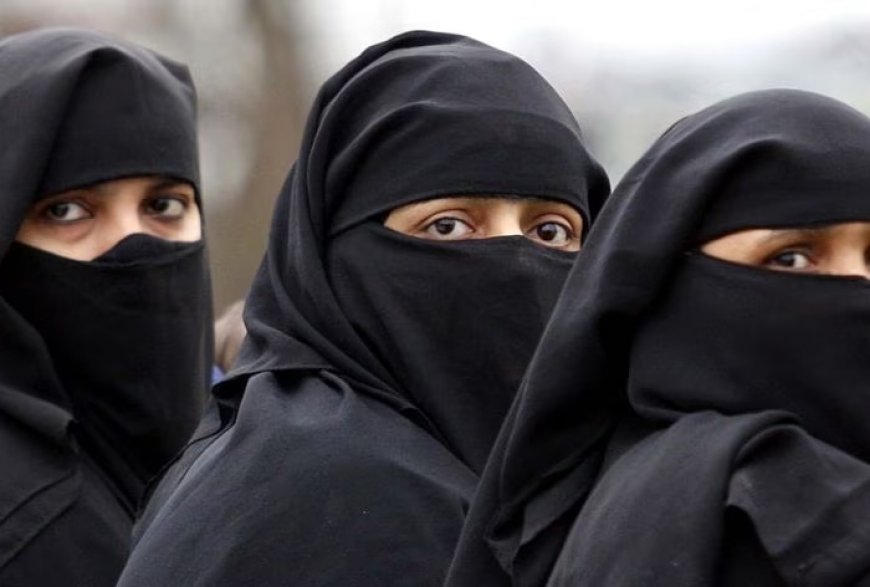Supreme Court’s Landmark Decision: Muslim Women Entitled To Alimony On Divorce
Supreme Court on Wednesday stated that a divorced Muslim woman can seek alimony from her husband under Section 125.

New Delhi: In a rather good judgement, the Supreme Court on Wednesday ruled that a divorced Muslim woman can are seeking for for alimony from her husband less than Part A hundred twenty five of the Code of Criminal Path of. The obligatory judgement in favour of Muslim females got here after bench of Justice Justice Augustine George Masih and BV Nagarathna refused a Muslim man’s petition that challenged a direction to pay repairs to his divorced wife less than CrPC.
“We're hereby dismissing the legal enchantment with the obligatory conclusion that Part A hundred twenty five should be relevant to all females and now no longer simply married females,” Justice Nagarathna cited whilst as giving the judgement.
Pretty, every the Justices delivered separate, but concurrent, judgments.
Even as asserting the judgement, the Optimal Court emphasized that each married woman, without reference to her religon, can avail herself of the repairs regulation.
Every the justices cited that repairs is now no longer a charity then once further that's a solutions the outstanding of the married females without reference to their faith.
“Some husbands don't seem to be responsive to the reality that the wife, who's a homemaker, is relying on them emotionally and in assorted solutions. The time has come when the Indian man percent out a homemaker’s target and sacrifice,”Justice Nagarathna cited.
Alimony For Divorced Muslim Women: Case And Arguments
An enormous verdict became exceeded down addressing a case lodged by way of Mohd Abdul Samad. He had been mandated by way of a domestic court docket to allot a month-to-month stipend for his former associate following their separation. Inspite of his objections, the Telangana Excessive Court refused to meddle. For that intent, he escalated his case to the Supreme Court. His legal guidance asserted that Muslim females, post-divorce, can invoke the Muslim Women (Coverage hide of Rights on Divorce) Act of 1986. This Act can drastically present greater defending measures than what is supplied less than Part A hundred twenty five of the Criminal Path of Code. The attorney further proposed that a certain regulation, corresponding to aforementioned Act, should supersede a major one.
Amicus Curiae Gaurav Agarwal countered that a faith does now no longer get rid of a married woman’s entitlement less than the CrPC.
Alimony For Divorced Muslim Women: Heritage And Value
To totally understand the burden of this judgment, we should go again in time to the landmark Shah Bano case in 1985. This obligatory ruling by way of the Supreme Court cited that Part A hundred twenty five of the Criminal Path of Code applies to every character, without reference to their faith. But, massive here introduction of the Muslim Women (Coverage hide of Rights on Divorce) Act in 1986 watered down this verdict. This Act declared that Muslim females can most wonderful ask for repairs all of the way by way of the iddat dimension, a dimension of 90 days after a divorce.
In 2001, the apex court docket upheld the validity of the 1986 Act, which massive that a self-assured individual would persist in his accountability to help his former associate financially until such time as she is both remarried or prepared to beef up herself. This in this day's judgement underscores a divorced woman’s entitlement to are seeking for for alimony less than the CrPC, without reference to her devout leanings
What's Your Reaction?



























































